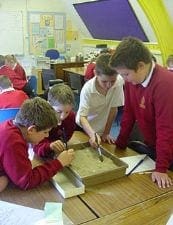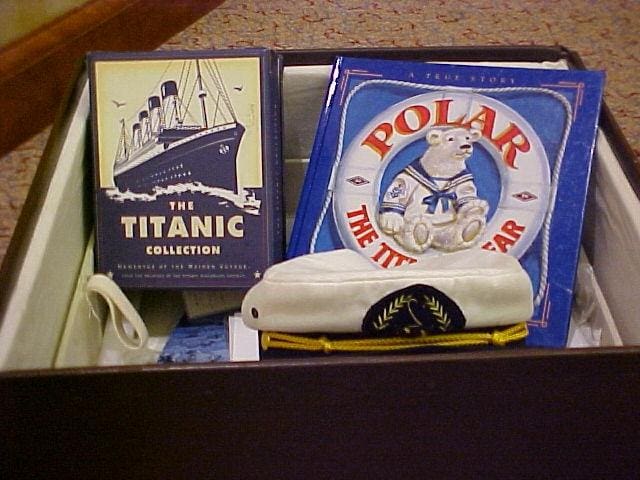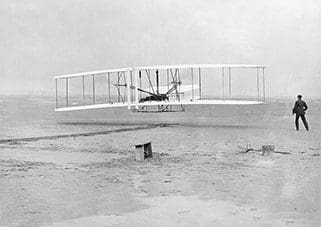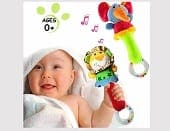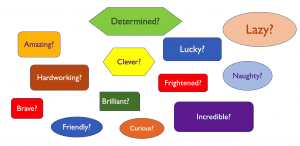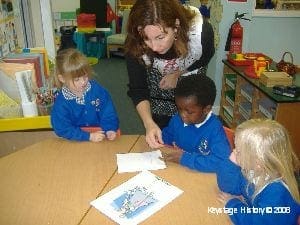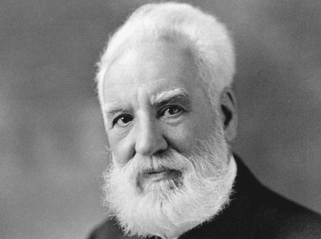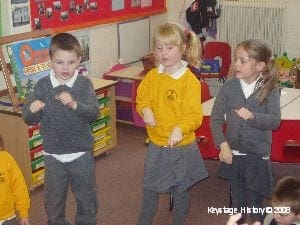
Lessons and shorter activities. Please note that these lessons and smart tasks have accompanying resources to download and that most of the PowerPoint presentations on the site have been kept deliberately simple, anticipating that you will want to personalise them.
Castles
- Planning a pageant at a medieval castle for an American millionaire who wants everything to be historically accurate.
- Spying on your rival lord’s latest new castle. Great fun using the technique called reconstruction relay, involving close observation, memorising detail, quick sketching and close cooperation.
Seaside holidays beyond living memory
- How do we know what holidays were like 100 years ago? Designing an authentic Edwardian Seaside Poster This lesson uses the Mantle of the Expert approach to place pupils in role as historical advisers to a film producer. Their job is to create an historically accurate poster which will trail the new film set on an Edwardian seaside beach.
- Going to the seaside; writing a quality postcard home, avoiding the martini syndrome? This deceptively simple, yet highly effective approach, makes a major contribution to literacy, both speaking and listening and post card writing.
- SMART TASK: What was it like at the seaside 100 years ago? From mime to movie. This fun activity is carried out by children working on tables of six and is a ‘taster’ for the full lesson below that will follow.
Washday in the past
- Washday in the past; helping the hopeless Mr Lather is one of the best infant topics there is. Whether you teach it as a stand alone topic or as part of a broader theme of homes, you will find that it excites the children and gives them plenty of hands-on experience. Artefacts are cheap and easily obtainable and there are clear modern comparisons to help consolidate the idea of then and now. Pupils’ ability to sequence will be strengthened by excellent lessons such as helping the Hopeless Mr Lather. Pupils of all abilities love the topic and many children with profound special needs respond very well. Many are fascinated as much by the language of dolly or posser, as by the ability to actually do some ‘old fashioned’ washing.
Teaching Past Beyond Living Memory to Key Stage 1
This section of the KS1 curriculum lets the children get their teeth stuck into a really meaty history topic. Although it might seem as though you have to look at the QCA’s topics on homes and toys, my experience tells me that you are far better to look elsewhere for topics that make the past come to life. There is nothing wrong with Homes per se it is just that there is not enough action for some pupils. So why not just concentrate on an aspect, such as Washday which offers excellent opportunities for drama and the use of artefacts.
You can, of course, still carry on with Going to the Seaside which lends itself very well to a combined approach with Geography. The thing to be careful of here is the order in which you link the history and geography, starting and ending with the latter but visiting the past in the middle. My main reservation with the way it is currently taught is that there is not enough challenge in Year 2. Pupils should be beyond simple comparisons of ‘then and now’ by this stage. Instead they should be focusing on looking at three distinct periods – the distant past, the recent past and today. That way they can look at change through time, a more sophisticated idea for Year 2.
The Going to the Seaside activities, in this Outstanding Lessons section of the site, offer excellent opportunities for the use of drama, ICT and for developing literacy within a really interesting context. The first, asks pupils to write an informative period postcard as if sent from a holiday 100 years ago, whereas the second, asks pupils to be really creative and actually make a movie by bringing still images to life and adding conversations as a sound track. Don’t you just want to try that?! The third, is less ambitious in scope but equally good fun. Using a technique called ‘gallery ‘ pupils have to work out for themselves which pictorial evidence supports each of 10 simple written statements.
In terms of new ideas, we already have the QCA’s more recent addition of Castles which can easily be developed into a really exciting topic, not least because the differences between then and now seem very clear to Year 1 and pupils with severe learning difficulties. It is a great topic for site visits too.

